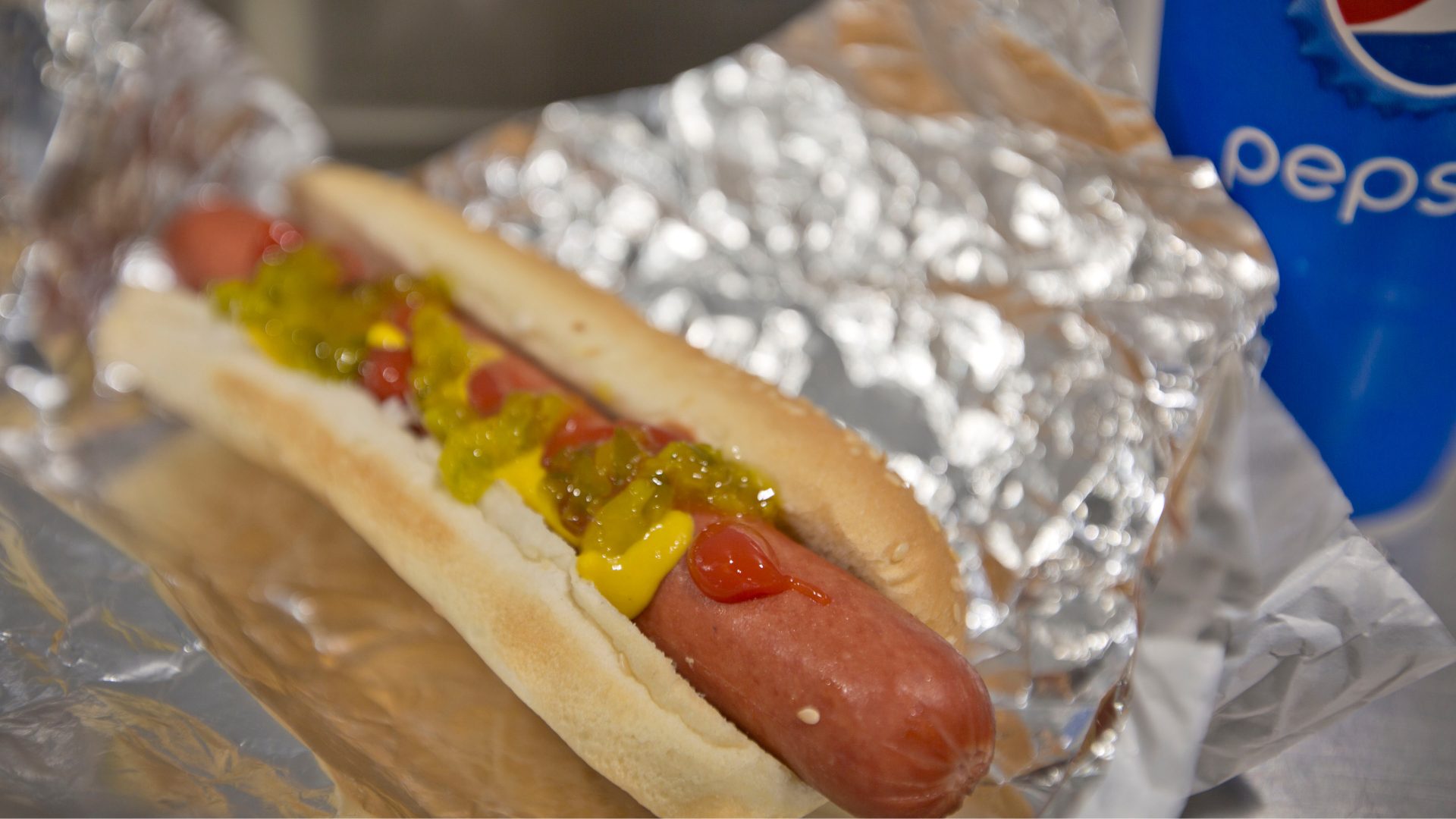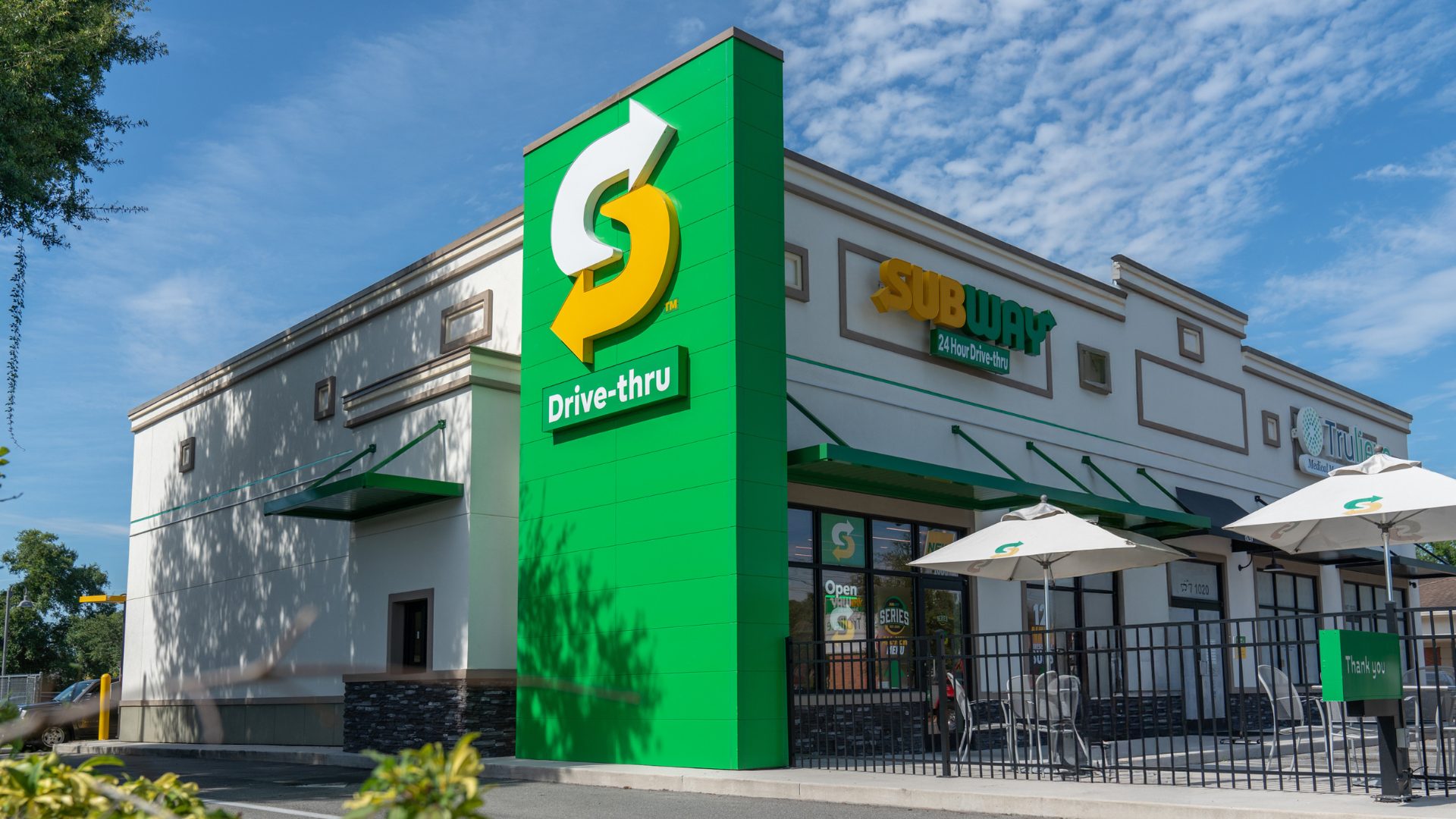Madilyn Rios’ words of wisdom for 2024 are simple: “Remember, it’s not the strongest that survive but the most adaptable,” said the eatOS POS executive.
At a juncture in which inflation and labor issues linger while artificial intelligence looms as transformative technology, F&B leaders could use some sound advice. The Food Institute seeks to provide just that, in its extensive December report, available to members on Tuesday, Dec. 5 (to join FI, click here).
Among the 65 C-suite executives who shared their insights, several common themes emerged, including the following:
“Great leaders never stop experimenting.”
– Kay Gowrinath, founder of Xquisite Productions
Get Creative in Terms of Training
Training will be a major focus for many business leaders in the new year, particularly in foodservice.
“You have a lot of people returning to the industry or entering it for the first time, so efficient and well-planned training is a must,” Brooks Kirchheimer, founder of Leave Room For Dessert Eateries, told FI. “Also, communication is wanted by associates now more than ever. They want to be in the know with all decisions and want detailed explanations.”
Business leaders should consider exploring partnerships with educational institutions to create training programs that align with the industry’s needs, thereby “ensuring a steady pipeline of skilled talent,” said Jon Morgan, CEO of Venture Smarter.
Consider Outsourcing
With labor shortages likely to stretch into the new year in multiple industry segments, business leaders are bound to encounter staffing concerns. Jessica Young, CEO of online F&B marketplace Bubble Goods, feels food businesses with labor concerns should take a hard look at their entire production chain.
Then, she added, businesses should “consider using partners, like Koch Manufacturers, as back up, or adding to the production chain to mitigate risk. In terms of staff and labor on the marketing, financial, or operational front, consider outsourcing to different agency partners.
“Partners like RodeoCPG, Pilot accounting, or MarketHire are great agency partners that can handle a lot of back-of-house operations in these times,” Young added.
Implement Dynamic Pricing
According to a study by McKinsey, dynamic pricing can lead to a 2-5% increase in profits. Puneet Sharma, founder of Zoop, recites that stat often these days, as inflation’s impact is felt worldwide.
“Food businesses can address consumers’ inflation concerns in 2024 by implementing dynamic pricing,” said Sharma, who operates an online food-in-train company. Dynamic pricing strategies “use real-time data to adjust prices based on various factors like demand, supply, and operational costs. By adopting dynamic pricing, food businesses can maintain competitive prices while managing their margins effectively.”
Maintain an Even Keel
In 2024, food industry leaders would be well advised to approach their ventures with a balanced perspective. That strategy has typically served Lars Kristiansen well.
“Avoid the pitfall of excessive optimism,” said Kristiansen, VP of F&B at Oasis Marinas. “Remember that running a food and beverage business can sometimes be akin to ‘buying yourself a job;’ it may not always guarantee immediate or substantial returns on investment.
“Instead,” he said, “focus on continuous improvement.”











